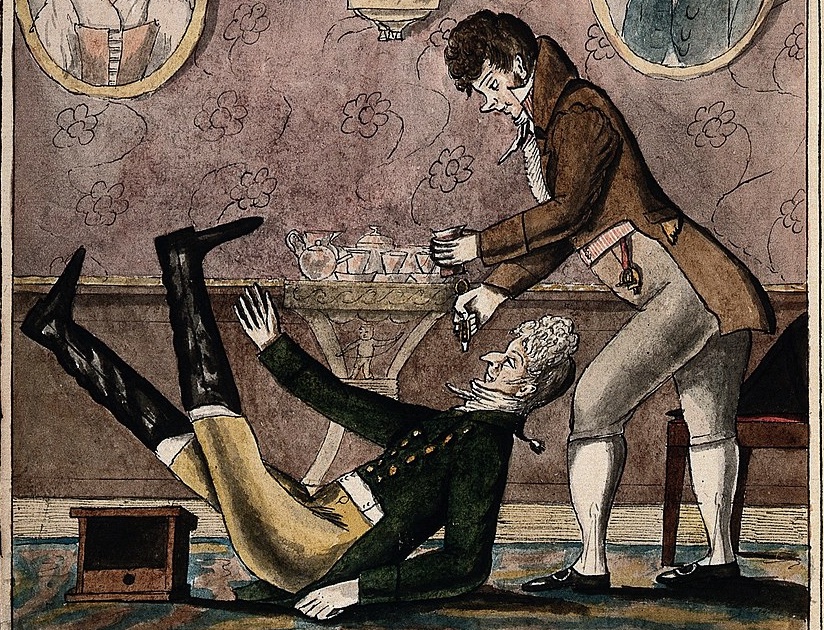Did you know that there are over 200,000 practicing dentists in the United States alone, each with a unique specialization? This diversity in dental professions ensures that every aspect of oral health is meticulously cared for.
In this article, we’ll embark on an educational journey to understand the different specialties in dentistry. Whether you’re a dental professional seeking to broaden your knowledge or a patient curious about the various types of dental care available, this guide is for you. Let’s unravel the world of dentistry together, making it accessible and informative for all.
Understanding the Basics
Dentistry, at its core, is about more than just teeth. It’s a comprehensive field that focuses on the diagnosis, prevention, and treatment of various oral conditions, impacting not only our smiles but our overall health. Think of it as the art and science of maintaining the health of your mouth, teeth, gums, and even the jaw. Good dental health is a cornerstone of well-being, as it can affect everything from our ability to enjoy food to our self-esteem and social interactions.
General Dentistry: The Foundation
When we talk about general dentistry, we’re referring to the primary dental care provider who diagnoses, treats and manages your overall oral health care needs. This includes a wide range of services like regular cleanings, fillings, crowns, veneers, bridges, and preventative education.
Key Responsibilities
- Routine Care: General dentists are experts in routine dental care, such as cleanings, which help prevent cavities and gum disease.
- Diagnosis: They are skilled in diagnosing oral health issues using tools like X-rays.
- Treatment: From fillings for cavities to root canals for more severe tooth decay, they handle a variety of treatments.
For Patients: It’s recommended to see your general dentist at least twice a year for check-ups. These visits are crucial for maintaining oral health and catching potential issues early. Your dentist can also guide you on the best home oral care practices and update you on the latest in dental health.
In the next sections, we will explore more specialized fields of dentistry, each playing a unique role in ensuring comprehensive oral health care.
Pediatric Dentistry: Caring for Young Smiles
Pediatric dentistry specializes in caring for children’s teeth, gums, and mouth throughout the various stages of childhood. Pediatric dentists are the pediatricians of dentistry. They are trained to deal with the unique dental issues children face and to help instill good dental habits from a young age.
Unique Aspects
- Child-Friendly Approach: Pediatric dentists know how to make children feel at ease and make the dental experience more pleasant.
- Specialized Knowledge: They are trained in dealing with baby teeth and understanding the challenges of a growing mouth.
Parental Advice: To ensure optimal dental health for your child, start dental visits by their first birthday. Encourage good oral hygiene habits like brushing twice a day and avoiding excessive sugary snacks. Regular visits to a pediatric dentist can help catch and treat any dental issues early.
Orthodontics: Beyond Straightening Teeth
Orthodontics is a specialty focused on correcting irregularities of the teeth and jaw, primarily through the use of braces and aligners. It’s not just about cosmetic improvements; orthodontic treatment also ensures the proper function of teeth and jaws.
Common Treatments
- Braces: Metal or ceramic devices attached to the teeth to align and straighten them.
- Invisalign: Clear, removable aligners that are an aesthetic alternative to traditional braces.
For Patients: If you have misaligned teeth or a problematic bite, your dentist might refer you to an orthodontist. It’s important to follow their treatment plan and maintain good oral hygiene to ensure the best results from your orthodontic treatment.
Periodontics: The Battle Against Gum Disease
Periodontics involves the prevention, diagnosis, and treatment of diseases affecting the gums and supporting structures of the teeth. Periodontists are experts in treating gum disease and are skilled in both non-surgical treatments and periodontal surgery.
Warning Signs
- Gum Bleeding: Bleeding while brushing or flossing can be an early sign of gum disease.
- Receding Gums: Gums pulling away from the teeth, exposing more of the tooth or the tooth’s root.
Prevention Tips: Regular dental check-ups, good oral hygiene, and quitting smoking are key to preventing gum disease. If you notice any signs of gum disease, visiting a periodontist for an evaluation is crucial.
The next sections will delve into more specialized areas such as endodontics, oral surgery, and prosthodontics, each playing a vital role in maintaining and restoring oral health.
Endodontics: Saving Your Teeth
Endodontics is the dental specialty concerned with the study and treatment of the dental pulp, the innermost part of the tooth. Endodontists are skilled in performing root canal treatments and other procedures involving the interior of the tooth.
Common Procedures
- Root Canal Treatment: A procedure to treat infection at the center of a tooth without having to remove the tooth itself.
- Endodontic Surgery: Sometimes necessary to locate fractures or hidden canals that do not appear on x-rays but still manifest pain in the tooth.
For Patients: If you experience severe toothache, prolonged sensitivity to hot or cold, or swelling and tenderness in the gums, it’s time to consult an endodontist. These symptoms might indicate that a root canal treatment is needed.
Oral Surgery: More Than Just Extractions
Oral surgeons specialize in the surgical treatment of diseases, injuries, and defects of the hard and soft tissues of the face, mouth, and jaws. They perform a wide range of procedures, from routine tooth extractions to complex surgeries.
Examples of Procedures
- Wisdom Tooth Extraction: Removing problematic or impacted wisdom teeth.
- Corrective Jaw Surgery: Resolves a variety of skeletal and dental irregularities, including the misalignment of jaws and teeth.
Recovery Tips: Follow your surgeon’s post-operative instructions closely, including guidelines on diet, rest, and medication. Proper care after surgery can significantly impact the speed and comfort of your recovery.
Prosthodontics: The Art of Replacement
Prosthodontics focuses on the design, manufacture, and fitting of artificial replacements for teeth and other parts of the mouth. Prosthodontists help restore natural-looking smiles and functional teeth.
Treatment Types
- Crowns and Bridges: Custom-fitted to replace or cover damaged teeth.
- Dentures: Removable replacements for missing teeth and surrounding tissues.
- Dental Implants: Artificial tooth roots are used to support replacement teeth.
For Patients: If you’re considering tooth replacement options, consult a prosthodontist. They can provide solutions that not only look natural but also restore functionality to your bite.
Finishing Thoughts
Each dental specialty plays a crucial role in maintaining and enhancing oral health. Whether it’s the preventative care provided by general dentists, the precision of orthodontists, the focus of periodontists on gum health, the tooth-saving techniques of endodontists, the surgical skills of oral surgeons, or the restorative expertise of prosthodontists, these professionals work together to ensure comprehensive dental care.
Remember, regular dental visits and good oral hygiene are key to maintaining a healthy smile. We encourage you to leave comments with your questions or share your experiences. Explore more topics on our blog to continue your journey into the fascinating world of dentistry!



